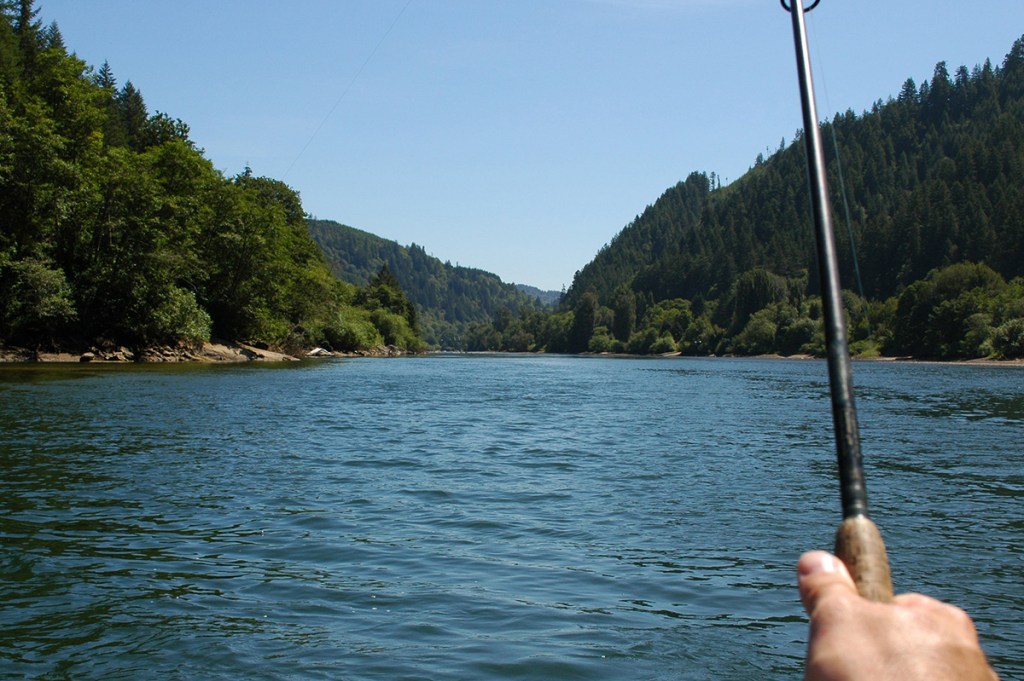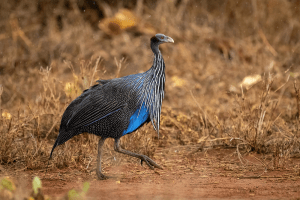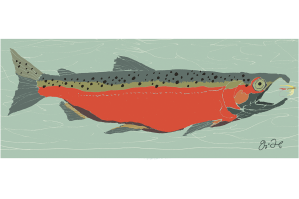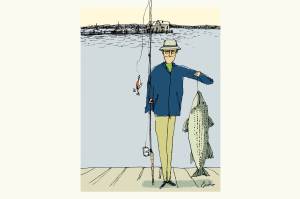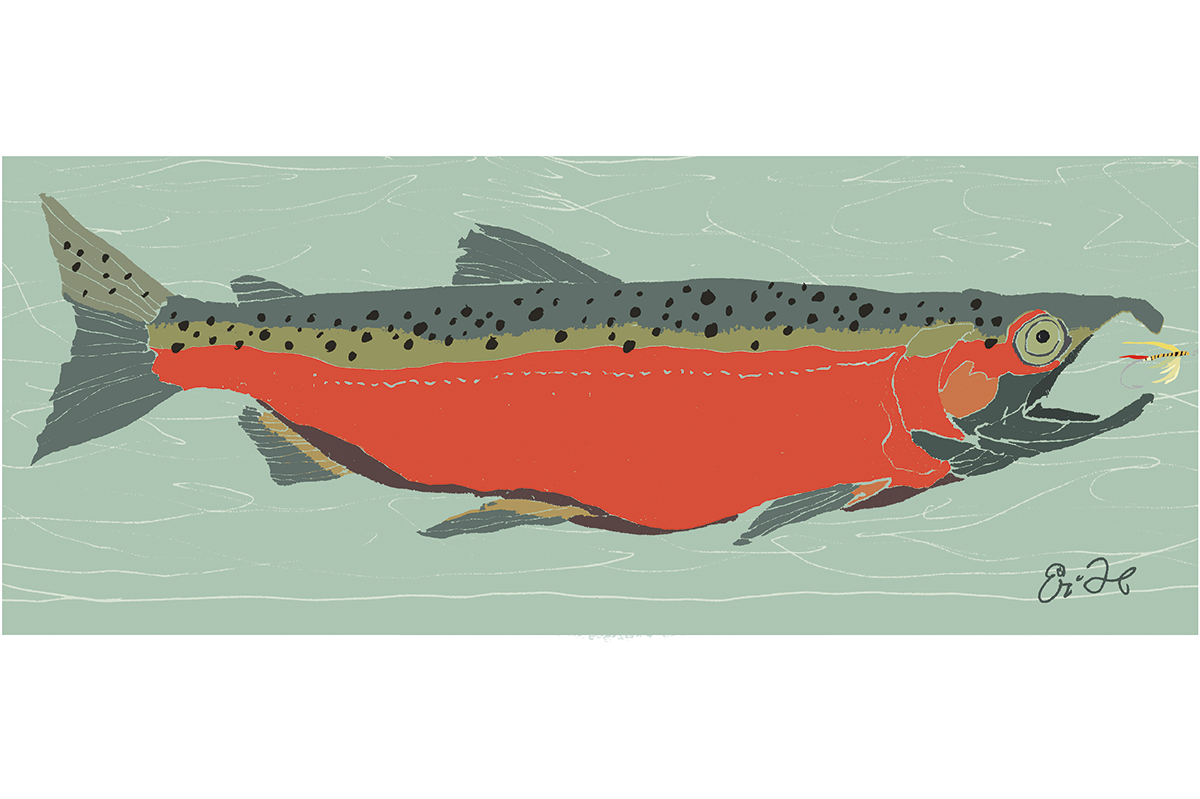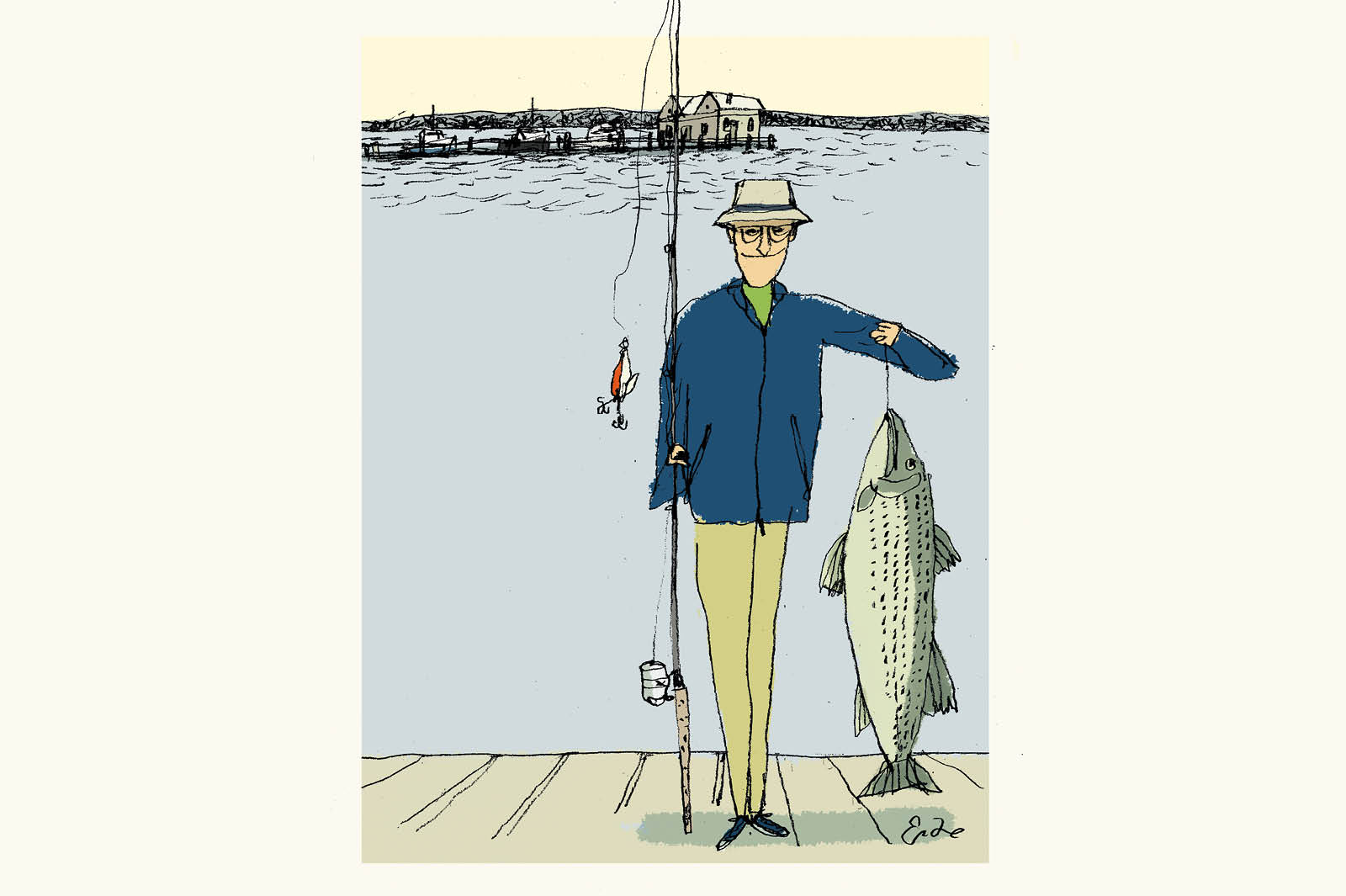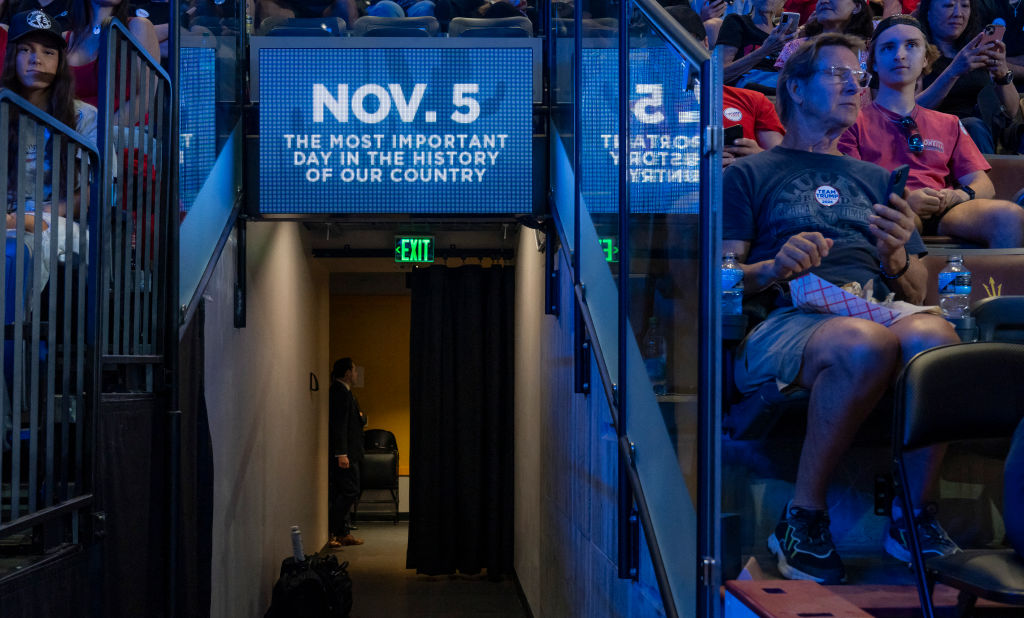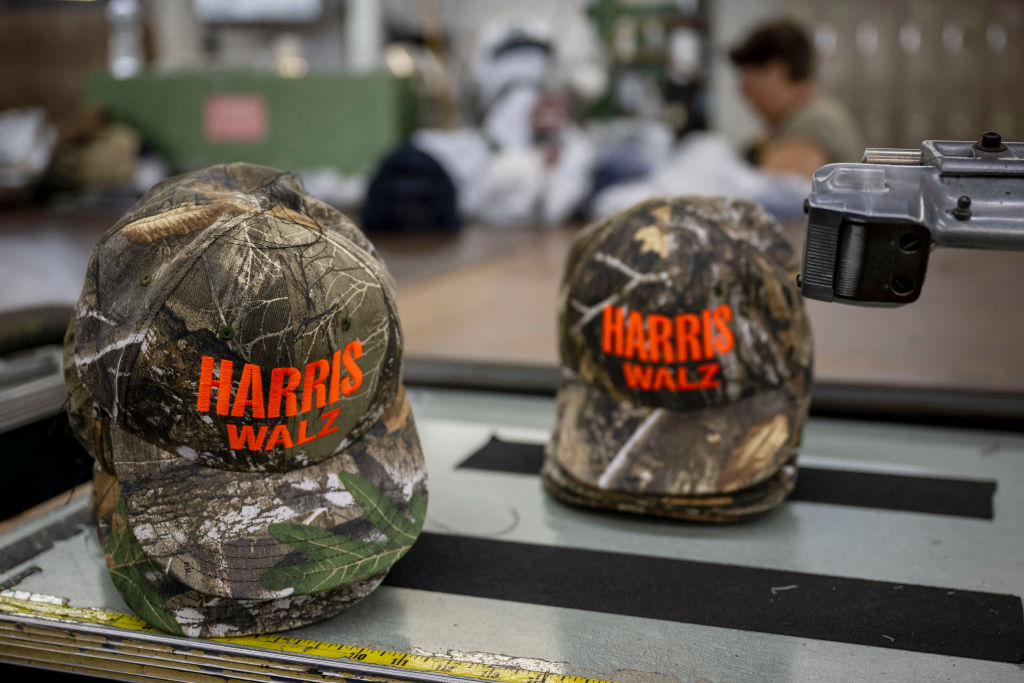Spring fishing season has finally arrived in southeastern Virginia. I went out a few weeks ago to see if the crappie were biting. They weren’t. I went out last weekend after I borrowed a kayak from a friend — someone had stolen my run-down Jon boat (may they never catch anything again but disease) — and caught three.
I am a recreational — not an avid — angler, and will probably only fish a dozen or two times over the next months. I don’t mind if I don’t catch anything. There are moments, even, when I think I would almost prefer not to catch anything because it would interrupt the experience of floating on the lake and looking. I might say fishing is merely an excuse for me to do this — sit and think of nothing in particular, which isn’t the same as thinking of nothing at all — but that’s not right. I still want to catch something, and it is the possibility of catching something that makes sitting on a boat along the shoreline just functional enough to enjoy for itself.
People not named Matt Labash tend to write about either the thrill or the morality of fishing. (Labash is probably the best living fishing writer). It’s always a thrill to get a strike, and it is impossible to enjoy fishing if you never catch anything, but you don’t fish for kicks.
I am sure there are lots of lessons to be learned from fishing, but I can’t say I have learned any. It might teach patience. I’ve watched anglers sit all day on a North Carolina beach without catching a thing. It could be that fishing has taught them that good things come to those who wait. But it could also be that experience has taught them that nothing good comes from staying home on a Saturday with a hard-driving wife and a lawn to be mowed. I tend to think it’s the latter, since no one is quicker to give up on something than a fisherman is on a spot that’s cold.
It might teach perseverance (see above) or problem-solving, but good luck finding a fisherman who doesn’t dream with hard, gemlike lust for a secret lure or spot that will make all his fishing dreams come true.
On the contrary, fishing, like gambling, teaches you that even though you’ve failed the last five times out, you hit it big once, and that score is just around the corner, as long as you keep doing the same thing. Also like gambling, fishing is one of the few remaining activities during which it is socially acceptable to drink at any hour.
Labash writes in one of his essays that “fishing, like most true pleasures, is something that it pays not to overthink.” After all, you are hoping to stick a hook in another creature and pull it by its lip to shore or your boat. Fishing is simply “a reason to stand amidst the natural splendor of sky and sun, trees and water, looking busy while doing next-to-nothing. It sometimes helps to have an excuse. For as the comic Steven Wright has said, ‘There’s a fine line between fishing and just standing on the shore like an idiot.’”
Some folks like to try different lakes, rivers and coasts. I like to fish on the small lake just behind our house. I have an aversion to fish finders, but I have learned of spots on a couple of coves over the years where crappie might congregate. One of the most enjoyable things about fishing the same spot is getting to know many of the small, nearly imperceptible details of the place, which change slightly over time. Vegetation shifts from one spring to the next. A partially submerged tree finds itself somewhat more partially submerged. The family of river otters next to the golf course is gone, but a beaver has moved in across from the water purification plant.
The lake is never new but never old. Just like fishing itself.



